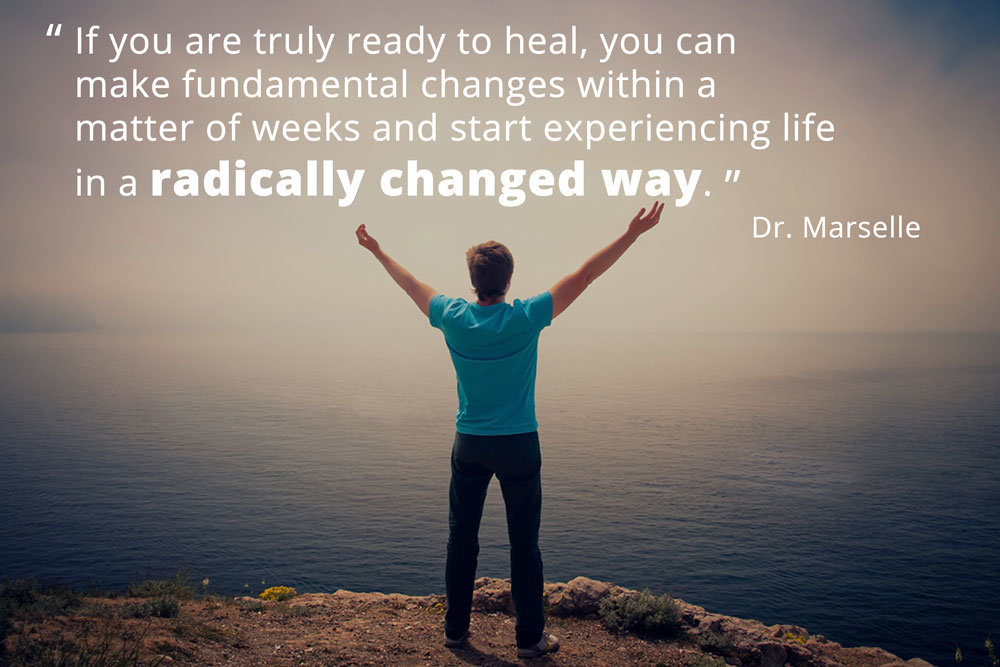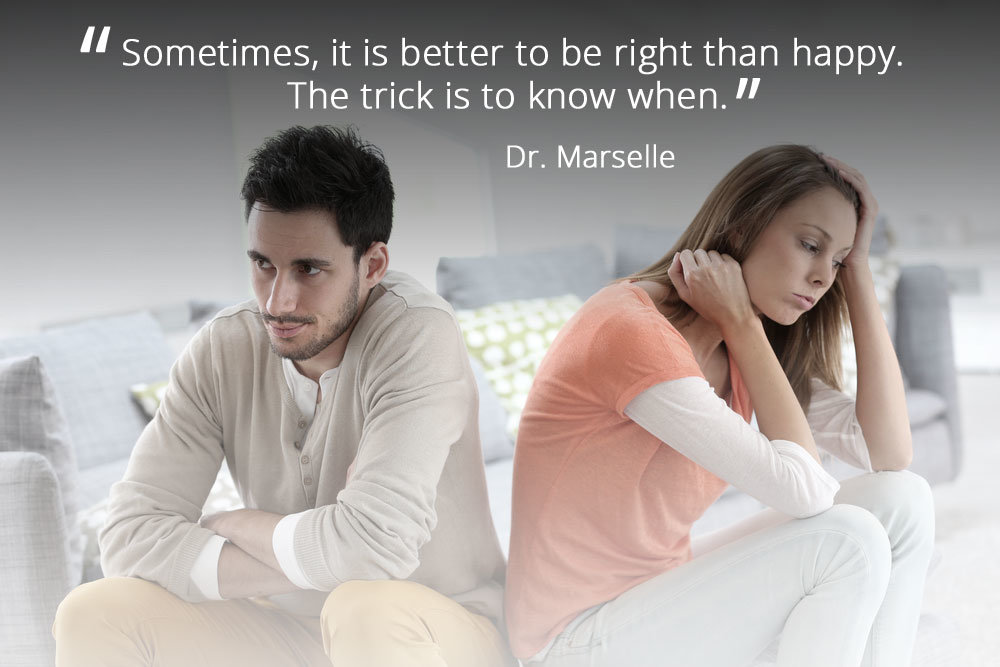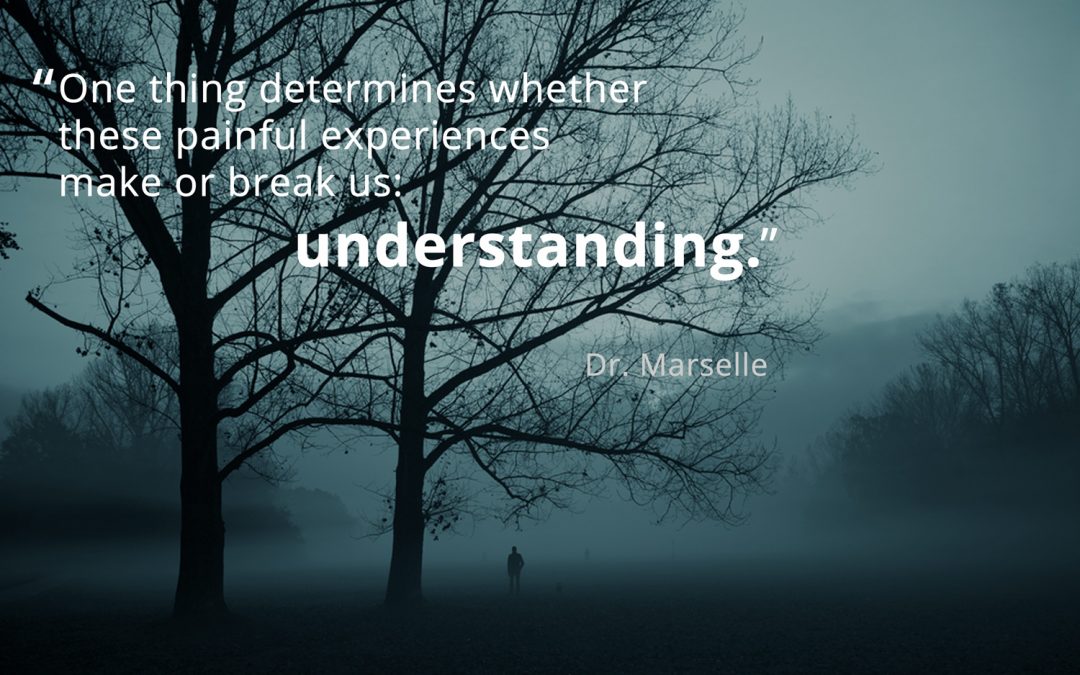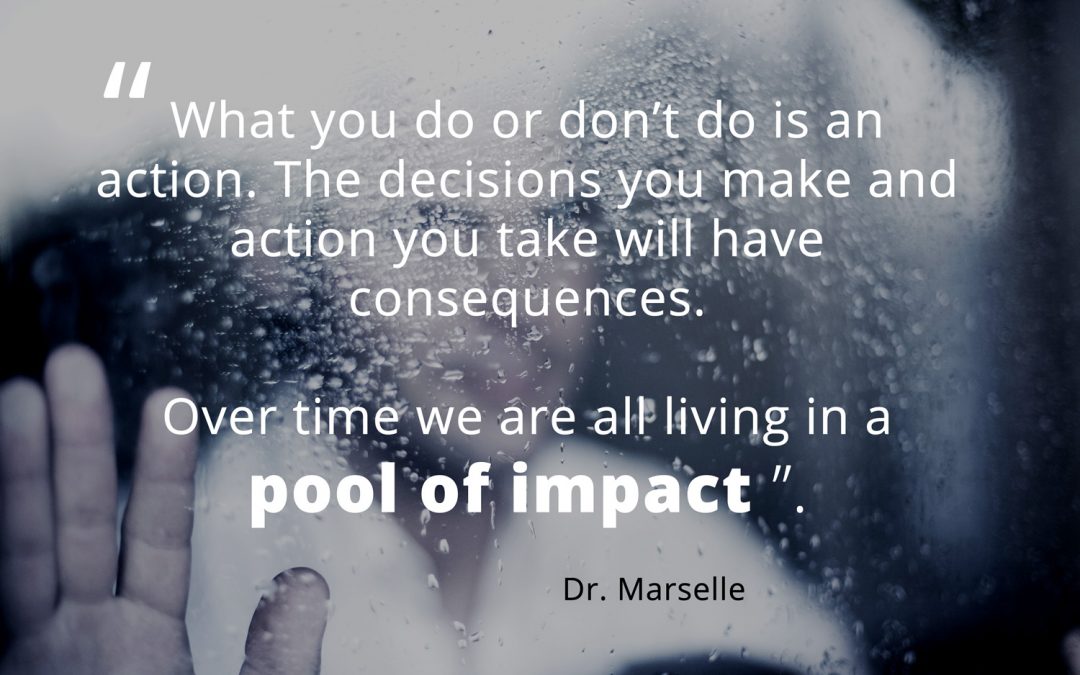
How to start therapy on the right foot
The decision to start therapy may well be the most important one you ever make. It could mean the difference between a satisfying, fulfilled, and meaningful life or one characterized by despair, dejection, and defeat. A successful experience in therapy doesn’t just affect one aspect of your life, but transforms every part of it: your a career, relationships, even your leisure time.
The unfortunate truth, however, is that many people do not have a successful experience in therapy. You may even know people who have seen a psychologist and tell you it was just a waste of time. Understandably, many people approach therapy with trepidation, anxious not to do anything that will mess it up. As is so often the case, it is by being worried about the wrong things that we bring about the very thing we fear most. Perhaps the best way to approach this question, then, is to start with the things you should not worry about.
The first thing not to think about is how to impress your new therapist. Any therapist worth his or her salt, already knows how difficult it is to make the decision to start therapy and become a better person. That’s impressive enough. Your therapist also knows that therapy has to be a judgement-free zone for you to make real change. He or she is not there to give you a rating, but to listen and understand.
The next thing you need to try and remove from your minds are feelings of embarrassment, shame, and the justifications and excuses that you produce to cover these up. What your therapist needs above all is information about you: the real, unvarnished truth. The therapist’s office needs to be a place where you feel free to open up and reveal the personality that lies beneath. If things go as they should, you will discover things about yourself that you did not know before, but before that you need to reveal all that you do know.
Now we have discussed what not to think about, we look at what should be on your mind. Perhaps the most crucial thing you should be on the lookout for as you embark on therapy is the connection between you and your therapist. The relationship that develops with your therapist is the most important single factor determining how successful therapy will be. A relationship where you feel comfortable, accepted and understood allows your therapist to give you meaningful help and advice and put you in the right position to accept and act upon it. More than that, the therapeutic relationship itself is a source of personal growth, in which you gain the ability to trust, to connect, and to learn new ways of thinking.
It’s important, therefore, to have the connection between you and your therapist in mind when you embark on treatment. That doesn’t mean you should set about actively trying to build such a relationship or try to force one where it is absent. As with any other meaningful relationship in life, a fundamental feeling of connection and compatibility needs to be there. If, after a few sessions, you don’t feel like you are forming a bond with your therapist, then share your concerns. A good therapist knows that you won’t make progress without this feeling of connectedness and, if necessary, will be happy to refer you elsewhere.
Above all, though, when you start therapy, what should be foremost in your mind is one question: ‘am I ready to heal?’. The process of personal growth is hard work; it can be painful and it is easy to shrink from it. However, the truth is that if you are truly ready to heal, you can make fundamental changes within a matter of weeks and start experiencing life in a radically changed way. Therapy can give you the tools of open minded mindedness and self-awareness that you need to remake your life, but it cannot give you the will to do so. This is an issue I will deal with more in future posts.

Dr. Robert Marselle earned his doctorate degree in psychology (Psy.D.) from Ryokan College in Los Angeles and his Masters in Counseling Psychology from La Jolla University. He is a licensed clinical psychologist and a Registered Nurse (RN) in the state of California and is a certified TeleMental Health Provider by the TeleMental Health Institute, TMHI.





